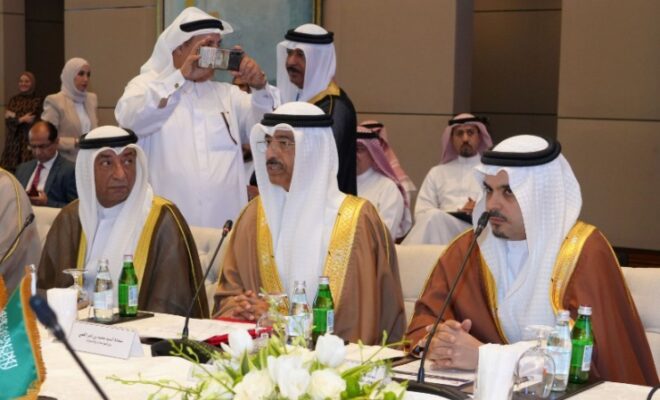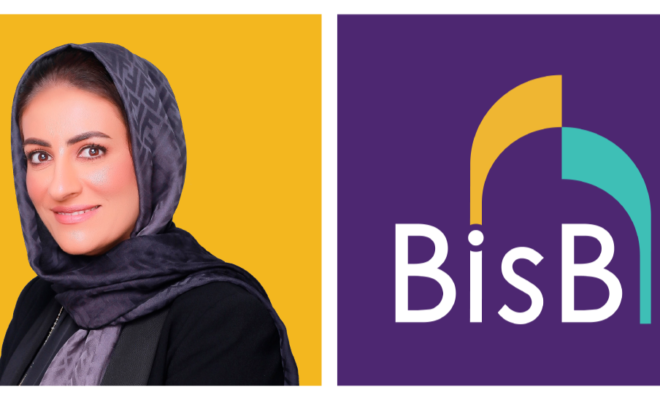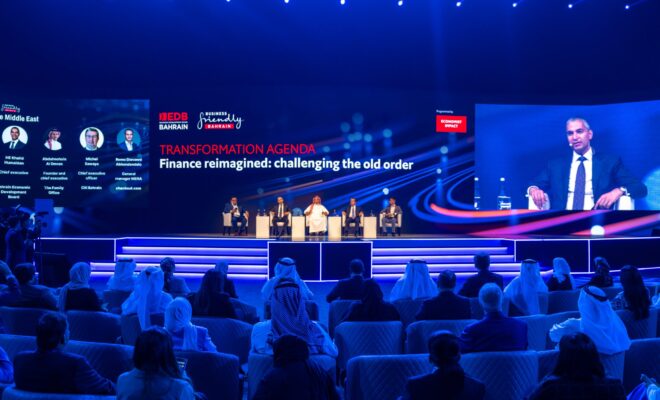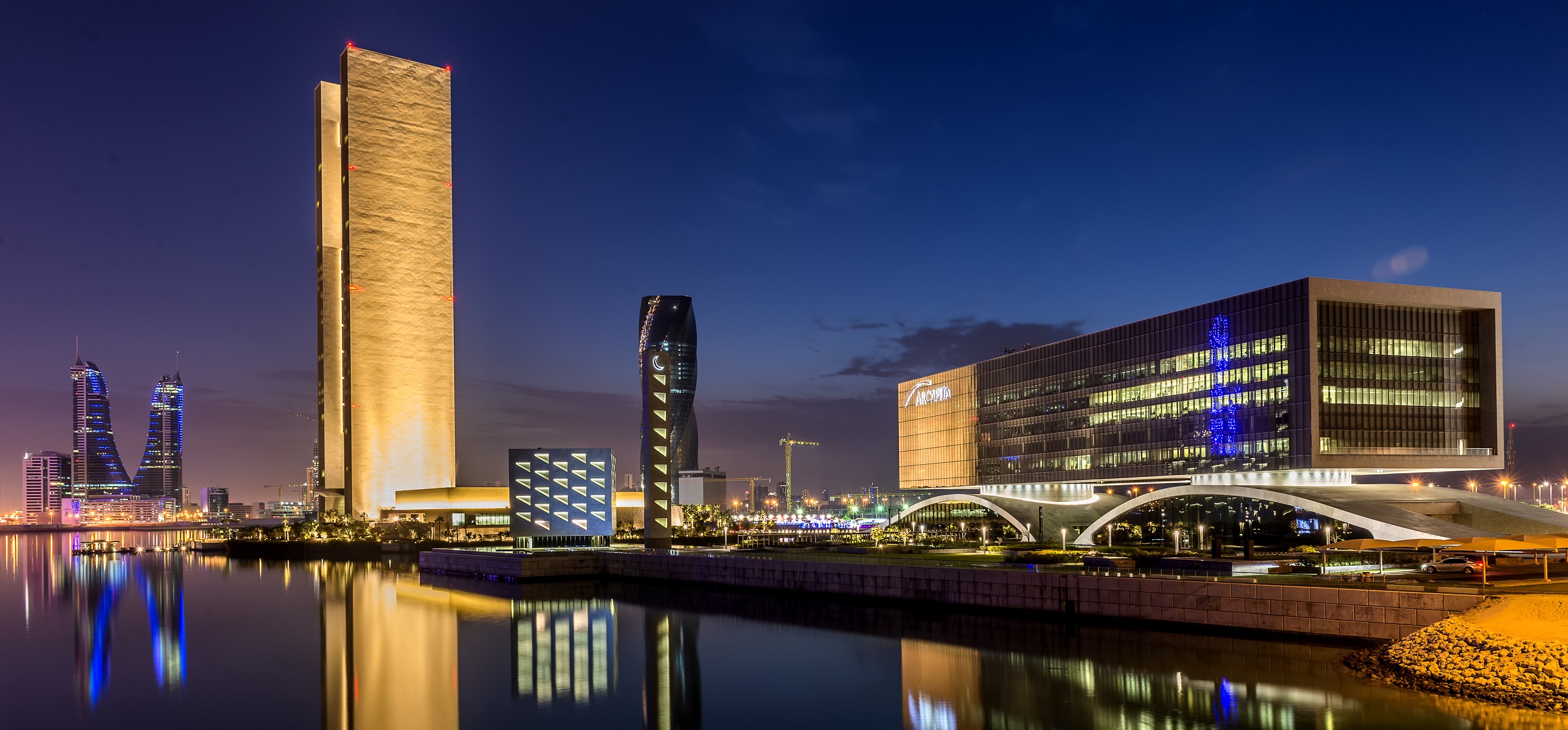DESPITE A SLOWER OIL ECONOMY, MOST SAUDI FIRMS ARE EXPERIENCING ROBUST BUSINESS CONDITIONS

Saudi Arabia’s non-oil sector growth steady as PMI clocks 58.5 in May
The latest Riyad Bank Saudi Arabia Purchasing Managers’ Index report revealed that the Kingdom’s PMI stood at 58.5 in May, well above the 50 reading, indicating economic growth.
Saudi Arabia’s non-oil sector posted substantial momentum in May according to a business survey, as the Kingdom’s economic diversification strategy continues to progress.
The latest Riyad Bank Saudi Arabia Purchasing Managers’ Index report, formerly the S&P Global Saudi Arabia PMI, revealed that the Kingdom’s PMI stood at 58.5 in May, well above the 50 reading, indicating economic growth.
This was a slight drop compared to the 59.6 figure in April.
Naif Al-Ghaith, chief economist at Riyad Bank, said despite the small decrease the high figure reinforces the view that overall economic activity in Saudi Arabia is “holding up well.”
He added: “The Kingdom’s non-oil GDP (gross domestic product) is likely to have notably grown in the second quarter this year thanks to the healthy state of the private sector.
“While a slower oil economy and rising interest rates will create a challenging environment for some establishments, most Saudi firms are in good shape and experiencing robust business conditions.”
The report pointed out that new order inflows at non-oil private sector businesses in the Kingdom significantly gained momentum in May after growth quickened to its highest in just over eight-and-a-half years in April. The rate of expansion, however, slowed slightly despite a renewed upturn in sales from foreign clients.
According to the report, the rise in new orders positively impacted the tourism and construction sectors in Saudi Arabia, which ultimately resulted in a rise in job creation in May.
“New orders grew considerably, reflecting a strong demand growth, particularly in tourism activities and construction. This led to the joint-fastest rate of job creation since 2018 which allowed firms to work through backlogs at a quicker pace this month,” added Al-Ghaith.
He further noted that higher employment and activity levels drove wages to rise at the second-fastest pace in seven years, leading to a “sustained markup in prices charged to consumers.”
According to the report, business expectations for the next 12 months eased slightly in May, but firms are anticipating improved market conditions, strong sales and supportive government economic policy to aid growth prospects.
Al-Ghaith noted that the development of giga-projects in the country aimed at diversifying the economy will continue driving the growth of the private sector for the remaining months of this year.
“The government continues to implement large-scale diversification policies and accelerate the development of giga-projects, aiming to boost the private sector, the engine for job creation. Therefore, we are confident that the non-oil sector will play a predominant role in driving growth this year, supported by increased investments and robust demand,” said Al-Ghaith.
Source: Arab News













